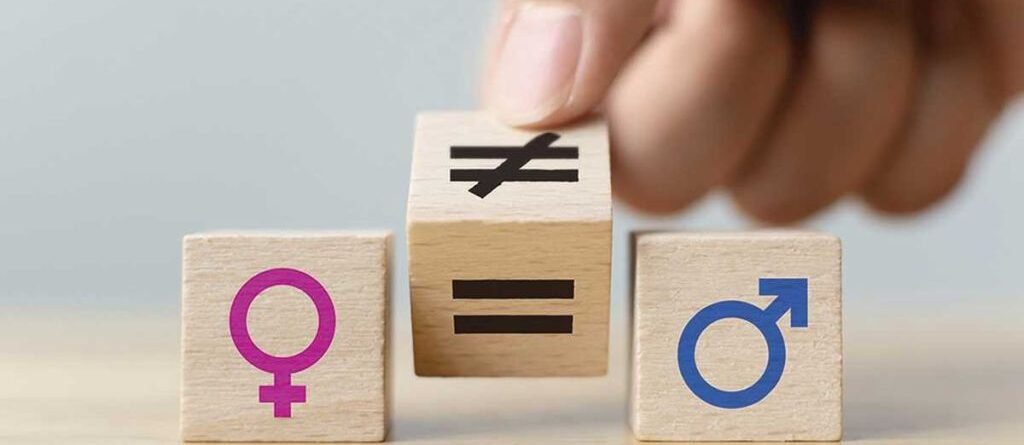Gender Inequality Over the Life Cycle, Information Provision and Policy Preferences
By Alessandra Casarico, Jana Schuetz & Silke Uebelmesser
We conduct a survey experiment with four thousand German respondents and provide information on two measures of gender inequality, separately or jointly: the gender gap in earnings and the gender gap in pensions. We analyze the effect of information provision on respondents’ views on the importance of reducing gender inequality and on their agreement with the adoption of policies targeted at different stages of the life cycle and aimed at reducing the gaps. We find that providing information on both gaps changes perceptions of the importance of reducing gender inequality and adopting policy measures to this end. Information on only one gap tends to have insignificant effects. By exploring the mechanisms behind our results, we provide insights into the importance of individual views on female disadvantages in the labor market, personal experience of inequality, and social norms as correlates of preferences for reducing gender inequality and policy interventions. We also show that information provision has larger effects on women and young respondents, while treatment effects do not differ by political leaning. These individual characteristics also relate to differences in identifying causes of gender inequality.
Source SSRN











